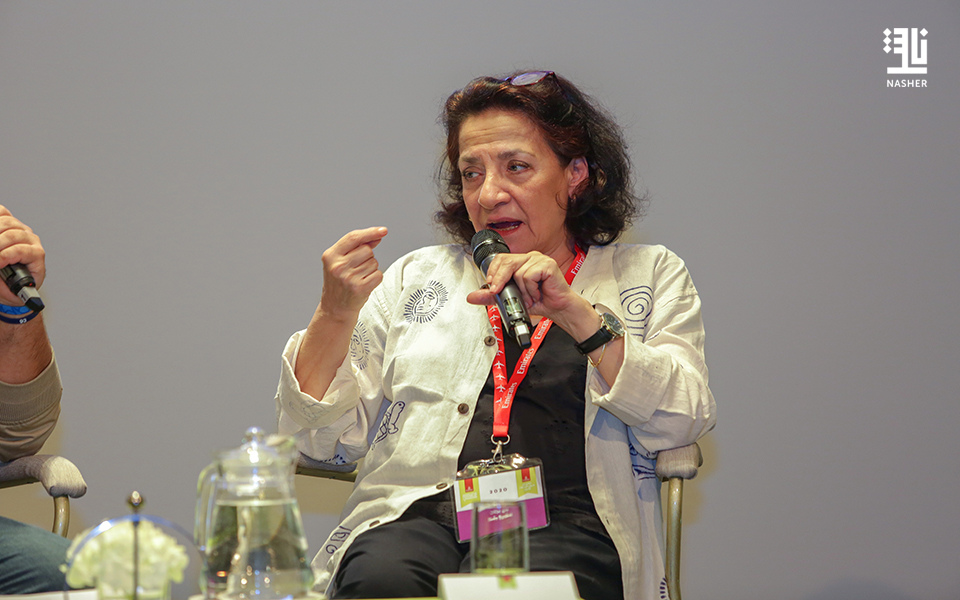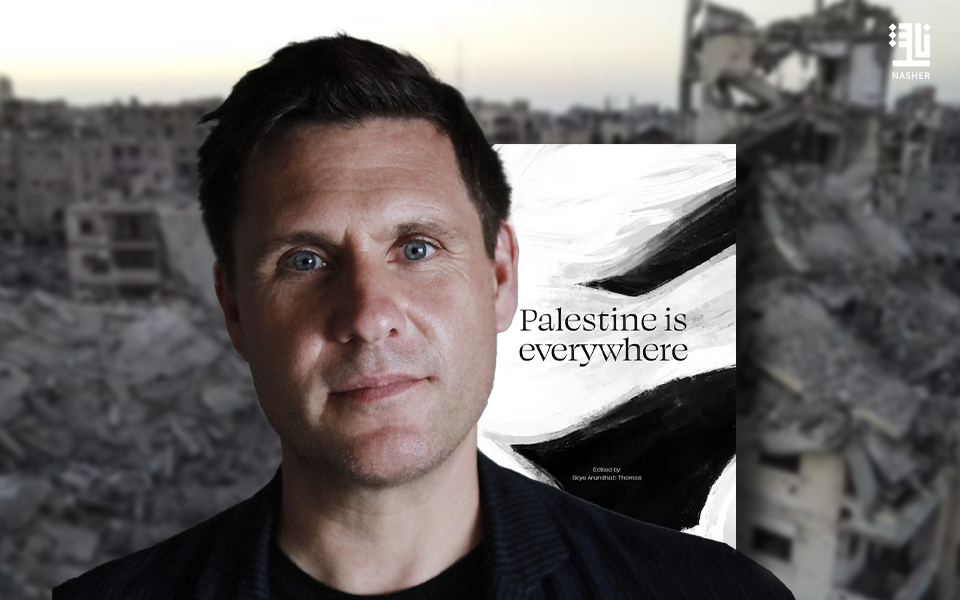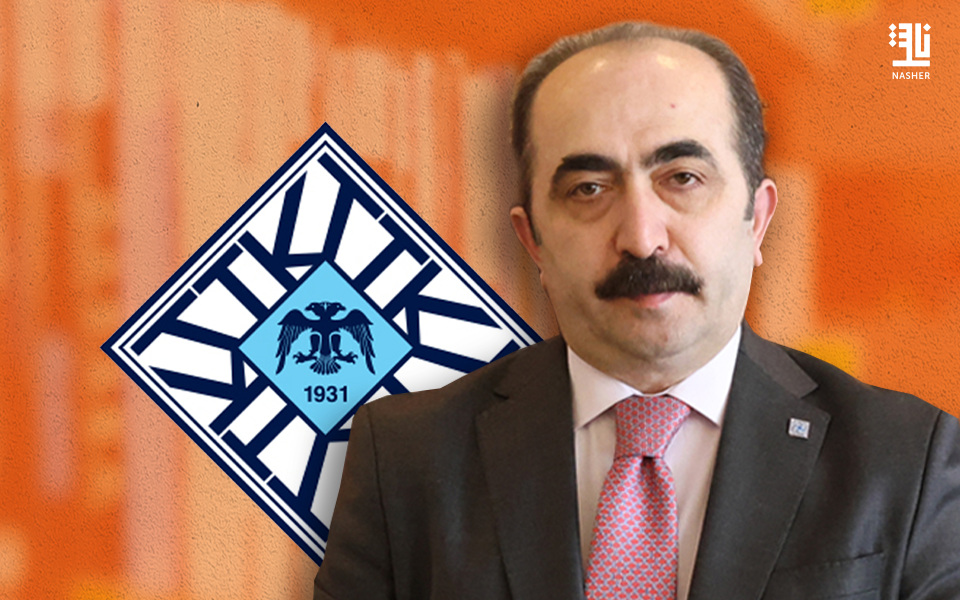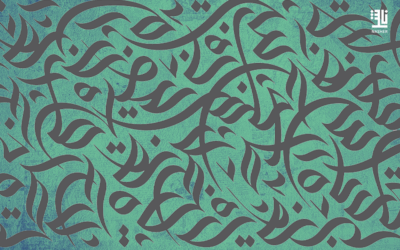Hoda Barakat, winner of the 2019 IPAF for her recent novel, Night Mail, lamented the lack of credible institutions to support Arab culture, writers and translators of literary works.
“Arab novelists and translators are orphans because we do not have credible institutions that support them. Maybe if we have them, translators can seek their support to help them translate extra Arabic books,” said Hoda at the running Emirates Festival of Literature ending February 9.
Narrating similar woes, Marilyn Booth, author and translator of Arabic literature, said translators face several institutional problems, of which publishers are reluctant to publish translations that are seen costly in an industry earning minimal margins.
“I also read very good novels that need good editors and publishing lacks good ones,” she said.
Also, there are a number of small publishers, Marilyn added, who are interested in taking risks of publishing new works and there are a lot of emerging translators.
Jokha Al Harethi, winner of the 2019 Man Booker International Prize for her novel Celestial Bodies, urged writers to focus entirely on their world of characters and linguistic profoundness while writing rather than occupying themselves with getting their works translated.
“This does not mean translation is trivial. There is a need for it today than before in order to change the image of the region implanted by politicians and media,” she added.
To this, Hoda pointed out that a perception is usually related to how the people of a particular nation perceive other nations.
“Arabs are seen as a nation exporting oil, terrorism and immigrants, yet migrating authors managed to acquaint the world with Arab literary works,” she explained.
Though Jokha and Hoda agreed that living abroad helps writers look thoroughly at the Arab world from an outsider’s perspective, Hoda hoped Arab writers stop believing glory is only attained if their works are translated.
“Our inferiority complex towards the world still exists and Arab writers contribute to that because they won’t be glorious unless their works are translated. They also accept humiliating translation terms,” Hoda stressed.
The three literary authors, however, agreed that there is more receptivity among publishers and readers to novels. It is difficult to get publishers to take short stories and novels have a place in the world of literature.
Hoda and Jokha also explained that Arab and Western readers react differently to their novels. While Arabs look for social similarities in their novels, Western readers find they are different since they get introduced to societies with different values and lifestyles.
In her novel Celestial Bodies, Jokha also chose to write about the under privileged to make their voiced heard and dreams felt.







